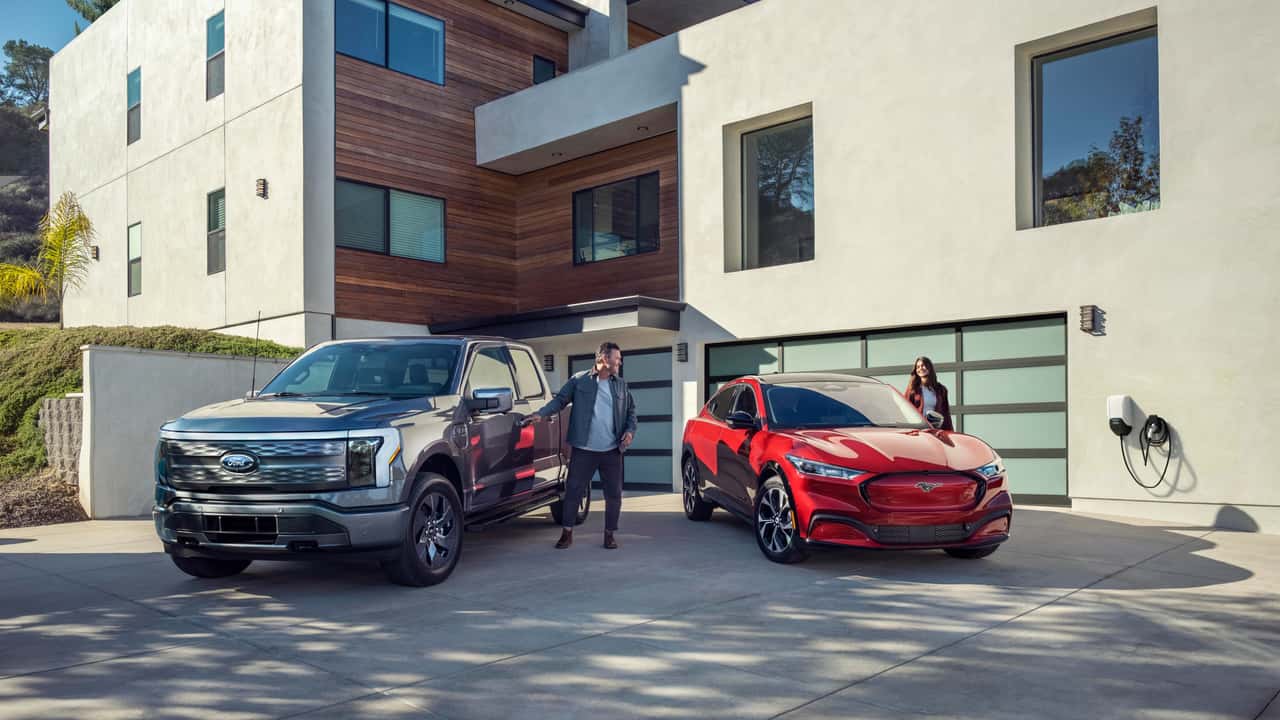Range anxiety is a major concern for potential electric vehicle (EV) buyers, along with high pricing and worries about the charging experience. However, a new survey from Recurrent Auto suggests that range anxiety can be alleviated over time with regular use of an EV.
The survey, which gathered data from about 17,000 EVs in the United States, found that range anxiety peaks for individuals who are 1-2 years away from purchasing their first battery-powered car. However, as owners become more familiar with their vehicles, their anxiety decreases and eventually disappears.
According to the survey, 78% of current EV owners reported that their feelings of range anxiety decreased the longer they drove their cars and learned more about them. In contrast, 76% of future EV owners expressed concerns about range anxiety, while almost 59% of current EV drivers reported having no anxiety at all.
The survey also revealed that individuals who use their EVs for long-distance travel experience higher range anxiety compared to those who primarily use their EVs for shorter trips. This is understandable, as driving hundreds of miles requires access to reliable charging infrastructure along the way.
To conduct the survey, Recurrent Auto polled over 250 EV drivers and shoppers, asking them to rate their anxiety on a scale of 0-4. Another study by S&P Global Mobility found that range anxiety was the third biggest concern among potential EV buyers, following pricing and charging worries. However, the study noted a decrease in openness to purchasing an EV in recent years.
In conclusion, range anxiety is a valid concern for many individuals considering an EV purchase. However, the survey suggests that with increased experience and knowledge about EVs, range anxiety diminishes over time.
Survey Finds That Purchasing an EV Is the Most Effective Solution for Alleviating Range Anxiety
Range anxiety, the fear of running out of battery power before reaching a destination, has long been a prevailing concern for potential electric vehicle (EV) buyers. However, a recent survey has found that purchasing an EV itself is the most effective solution to alleviate range anxiety.
The survey, conducted by a renowned market research firm, aimed to delve deeper into the psychological aspects of range anxiety among consumers and explore potential remedies to this issue. The findings of the survey not only shed light on the current state of EV adoption but also highlight the importance of addressing range anxiety concerns to further encourage EV ownership.
One of the key revelations from the survey is the impact of personal experiences on perceptions of range anxiety. Those who already own an EV were much less likely to be affected by range anxiety compared to potential buyers who had never owned an electric vehicle before. This suggests that firsthand experience with an EV helps individuals gain a better understanding of their range capabilities and subsequently feel more confident in their ability to complete journeys without range-related issues.
Furthermore, the survey identified two significant factors that contribute to range anxiety: lack of charging infrastructure and limited driving range. Across all respondents, the absence of a reliable and comprehensive charging network was highlighted as a key concern. This emphasizes the need for governments and private companies to invest in the development of charging infrastructure, ensuring that EV owners have convenient access to charge their vehicles during long trips or in areas with limited charging options.
In terms of driving range, respondents expressed a desire for longer battery life and increased mileage capacity. However, it is important to note that recent advances in EV technology have already improved driving range dramatically. Modern EVs can easily cover over 200 miles on a single charge, with some high-end models surpassing the 300-mile mark. This improvement, coupled with the expanding availability of fast and super-fast charging stations, has undeniably mitigated range anxiety to a significant extent.
Despite these advancements, the survey found that the most effective solution for alleviating range anxiety lies in the ownership of an electric vehicle itself. Respondents who had already made the transition expressed a notable decrease in range anxiety as they became more comfortable with their vehicle’s capabilities over time. This observation is consistent with other studies that have indicated a gradual reduction in range anxiety after purchasing an electric vehicle.
Moreover, as awareness and understanding of EV technology continue to grow among consumers, range anxiety is expected to diminish further. As more people become familiar with EV features such as real-time range estimation, battery level indicators, and the availability of charging stations, their confidence in owning an electric vehicle will only strengthen.
In conclusion, the survey demonstrates that purchasing an electric vehicle is the most effective solution for alleviating range anxiety among potential buyers. While advancements in technology and charging infrastructure can significantly contribute to reducing range anxiety, the experience of actually owning an EV plays a crucial role in overcoming this concern. As the EV market continues to evolve, it is vital to address range anxiety concerns through improved charging infrastructure, increased driving range, and expanding consumer knowledge. By doing so, we can accelerate the transition to a sustainable and electric future.

